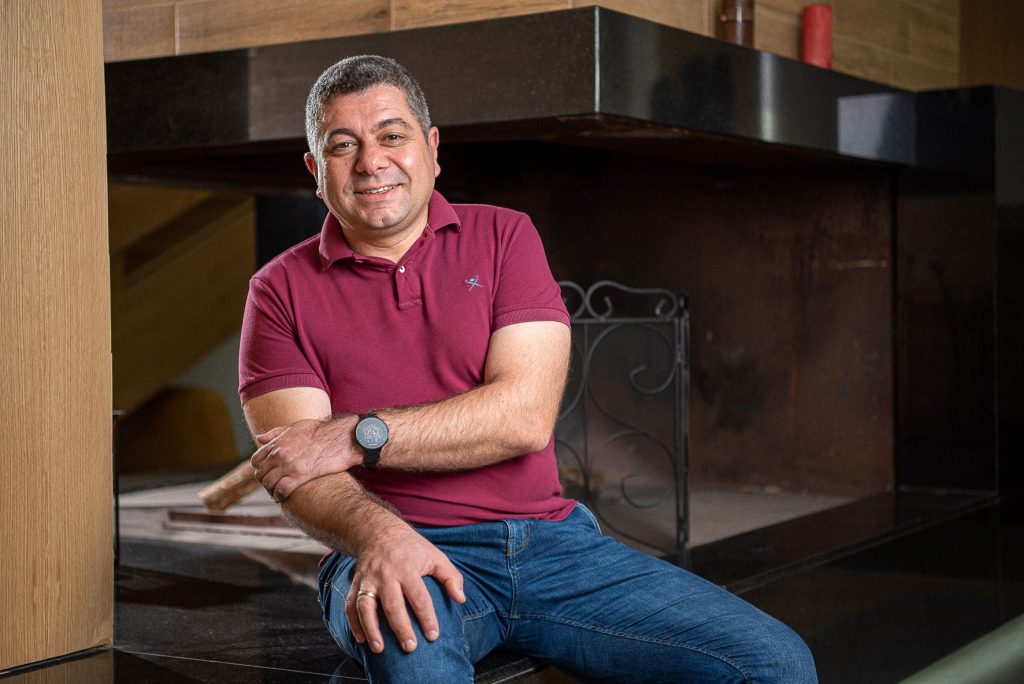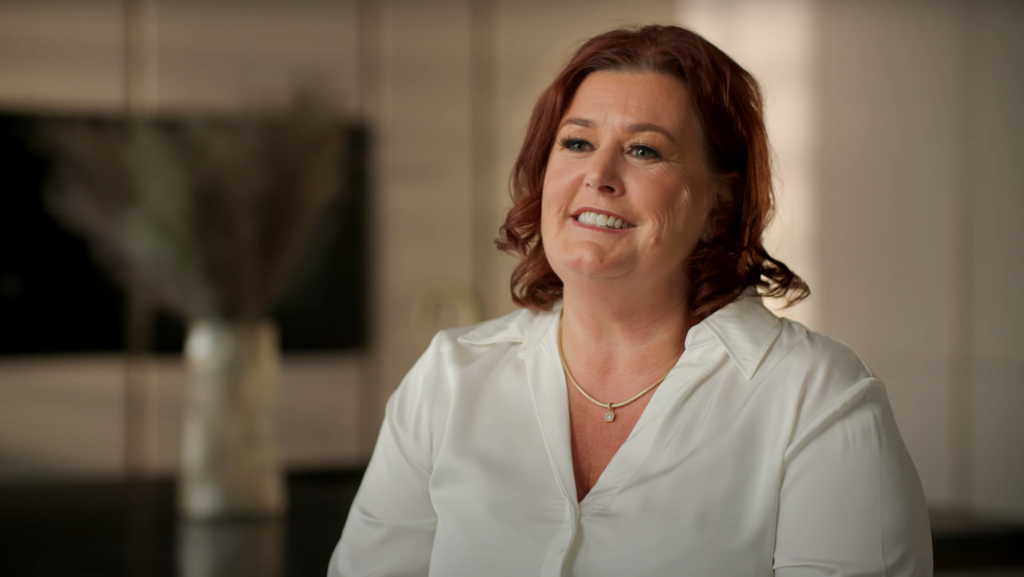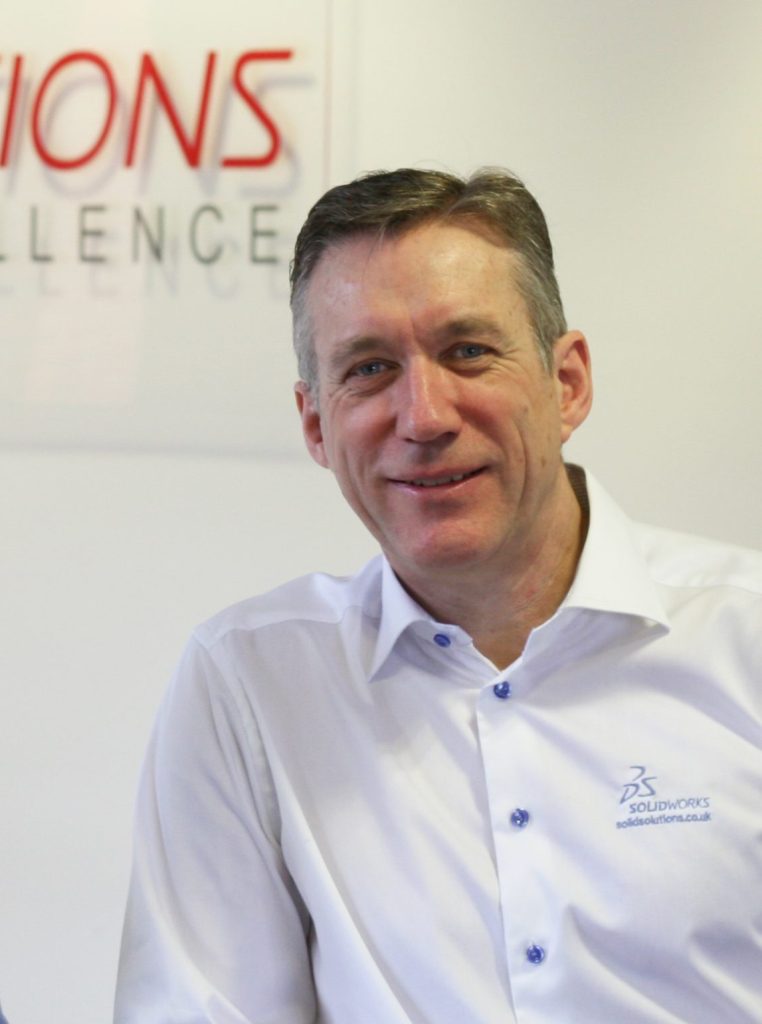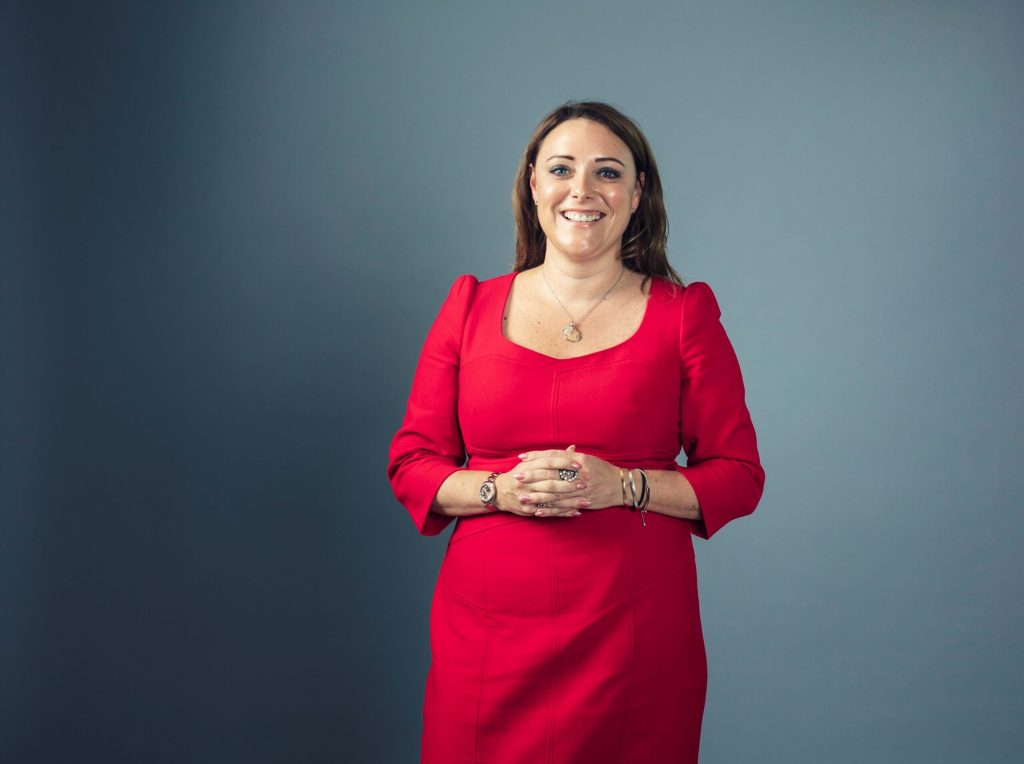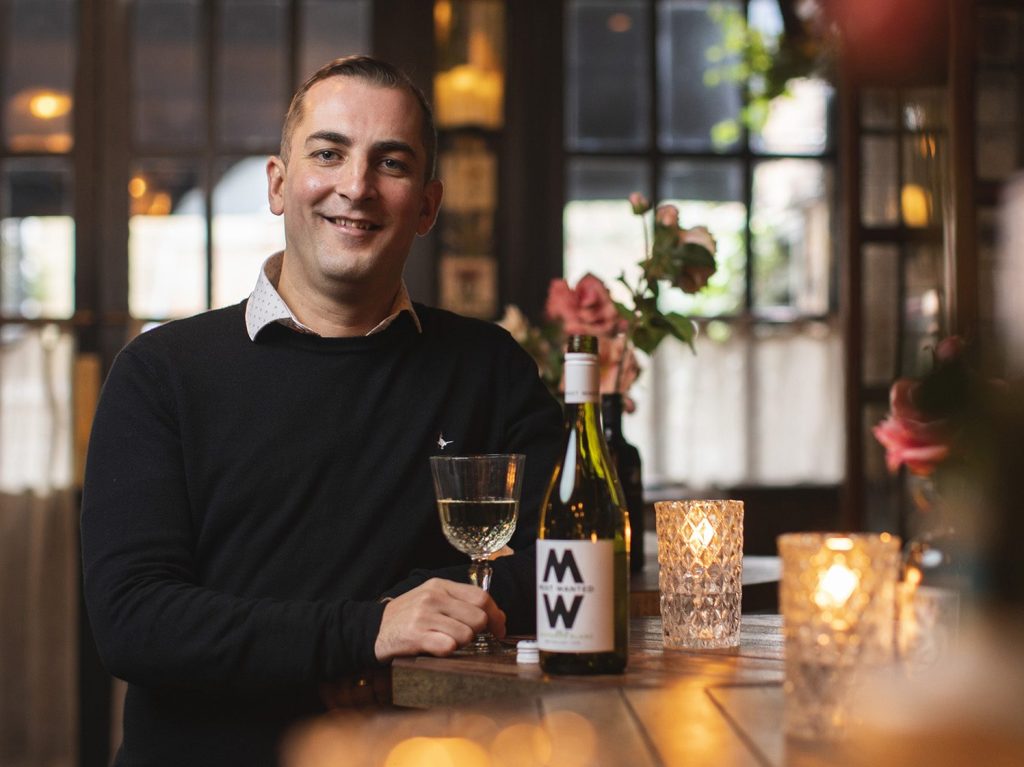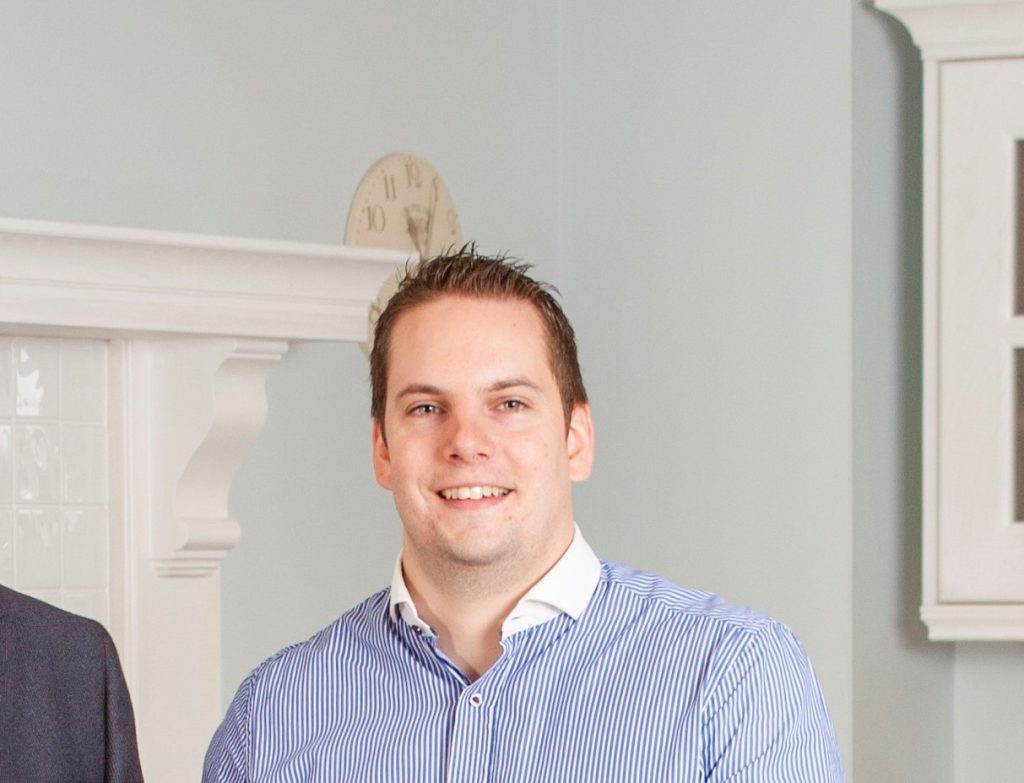Biopharmaceutical company Arecor was spun out of Unilever in 2007. We started backing the business in 2021, acting as cornerstone investors in its oversubscribed IPO. In this interview, we hear from CEO Sarah Howell, who led Arecor through the IPO and helped deliver an ambitious growth strategy. Read her story below.
Sarah Howell, Arecor: “You build resilience you didn’t know you needed”
As part of our Stories of Growth series, we hear from the CEO of a Unilever spinout company that completed a £20m IPO in 2021.
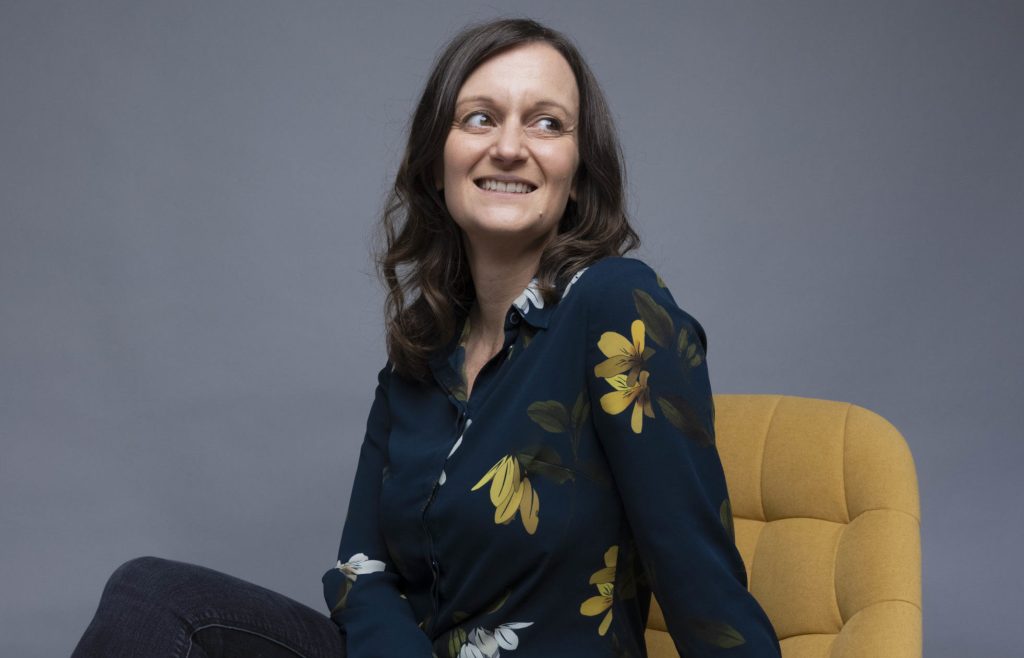
I grew up on a council estate in Leicester. I was the first person in my family to go to university and when I went on to study for a PhD, I’m sure my family wondered if I would ever get a job. I knew I wanted to stay in science. For me, having a purpose and doing something I believed in was important, but if someone had said to me then, ‘You’ll be the CEO of a biotech company’, I would have laughed and thought they were insane. I didn’t have it all mapped out.
I started my pharmaceuticals career at GSK, working on antiviral medicines for diseases such as HIV. I then worked for a company called Celltech, where I helped develop a product which is still used to treat Crohn’s disease and rheumatoid arthritis today. In 2011, I joined Arecor because I was intrigued by the technology. They hadn’t worked out how to develop and commercialise it. I saw that as an opportunity.
All about growth
Our purpose is to improve patient care and outcomes by enhancing existing therapeutic products across multiple chronic diseases. Bringing these products to market genuinely improves quality of life for patients and in doing so builds a large and sustainable business. We completed a £20 million initial public offering (IPO) in 2021. We were not interested in early exit or trade sales. We are all about growth.
“We wanted investors that would support over the long term. We spent time getting to know BGF and found they were a good fit.”
Affordable innovation
One of the main things we’ve worked on is insulin. For people with diabetes, the daily challenge is to control blood glucose inside a healthy range. Mealtimes are the difficult part, because when we eat, glucose rises rapidly. The gold standard insulins available today don’t act fast enough, which means people with diabetes spend a lot of time with blood glucose outside the healthy range – as a result, about 70% of people with diabetes die of cardiovascular disease. We are helping to make insulin medicines much faster acting.
We also partner with major pharma companies to enhance their products. We might take a product already on the market and develop a copy that can be brought to patients more affordably – a heat-stable version that can be used outside of the cold chain, for example.
Because we’re using technology to enhance existing products, it’s affordable innovation, not adding significant cost. If your processes are too costly for broad access, you’re not really improving outcomes. Affordable innovation is key.
Only woman at the table
At university, I noticed my background was different to my peers. For example, my vocabulary wasn’t as broad as my peers who came from more privileged backgrounds, even though I always read avidly and still do, from being very young, so my sphere of experience wasn’t as wide.
You notice this and get the feeling of not quite fitting in. But you know what, that experience helped me build resilience in the pharma industry. Early in my career, this was a very male-dominated environment. I would often be the only woman at the table. You build resilience that you didn’t know you needed. In the end, it’s an advantage.
Maybe it helps that I’m a competitive person. I used to play hockey and squash, now I ride my bike. I measure stats, pace, how many watts I’m putting out. You could say I’m competing against myself. I have some of my best ideas on my bike. I get out into the countryside for a few hours at a time and clear my head. Exercise is great for re-energising me.
You have to know when you need your headspace. I have three young boys. You have to manage your energy. Arecor is always on my mind, but I don’t mind that because I enjoy my job and I’m fully motivated.
Preparing for a nightmare
When people talk about doing an IPO, they always say prepare yourself for a nightmare, it’ll be the worst six months of your life – but worth it in the end. Perhaps because we were in midst of a pandemic and not going anywhere, it wasn’t as a bad as I thought it would be.
I worked round the clock, evenings and weekends, for four months, but it’s a defined process and I knew at the end we would either be successful and raise the money, or not. You’re going at it hard but there’s an end point.
We did the roadshow over video calls. It meant we could present to a broader set of investors across the globe. It was efficient.
“I need the pressure to be on. That’s when I’m at my best.”
I’m not good at having time on my hands. I’m a crammer. At university, I always pulled it out of the bag at the last minute. I need the pressure to be on and that’s when I’m at my best. It would drive my mum mad, she’s an organised person.
As a CEO, you have to have a healthy attitude to risk. In science and innovation, there are inherent risks: your product may not work, it may not help patients in the way you were expecting. You have to move quickly, which means making decisions based on information but also gut feeling. You need a healthy attitude to risk to be able to sleep at night.
Fantastic career
My family were surprised when I said I was going to university, but they were very supportive and I know they are very proud of me, which is important. Having that education has given me a fantastic career. It’s harder now because of the high fees. This is why I’m passionate about encouraging people from less privileged backgrounds to go into science and further education.
I’m involved in mentoring through alumni programmes at the universities I’ve been to. It’s important to provide diverse role models to women coming into STEM who want to understand what career paths are available.
You need to recognise a bit of yourself in a role model. If you look around and don’t see anyone like you in a role, you don’t even consider it. Diversity across the board is really important – to have role models to aspire to.
